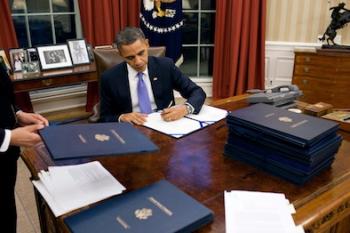Economic analysis of law looks at legal policies, institutions, and rules through an economic perspective. Also referred to as “law and economics”, it combines two fields of study, economics and law, to apply economic methods and perspectives to legal issues. Economic analysis of law focuses on efficiency and incentives, specifically people’s reactions to incentives. It is based on the idea that when the likelihood of punishment and quantity or severity of punishment outweighs the crime, then individuals will be less likely to engage in the crime. Economic analysis of law uses the economic notion of costs and benefits and applies it to the viewpoint of the individual. Economics partners with law not to predict the consequences of the law, but to explain law from an economic point of view.
As economics focuses on efficiency and law on justice, a simple way of looking at law and economics is that the idea is created by the combination of efficiency and justice. Therefore, economics and law is used to understand the costs of justice. An example of how economics is applied to law is by governments using the cost-benefit analysis to create more cost-efficient laws, such as assessing the effects of tax avoidance and tax evasion through an economic approach. The costs that legal economists focus on are social costs and transaction costs.
The Consumer Protection Law is an example of how economics and law is used to analyze laws. When countries increase their economic activity, a divergence between social and private goods is formed and advertisement expenditure grows, thus creating imperfect competition. The government uses the Consumer Protection Law to regulate economic activities and correct the imbalances. The economic analysis of law is able to assess how efficient a law is and how the consumer will benefit from its implementation.
© BrainMass Inc. brainmass.com June 30, 2024, 10:04 am ad1c9bdddf


